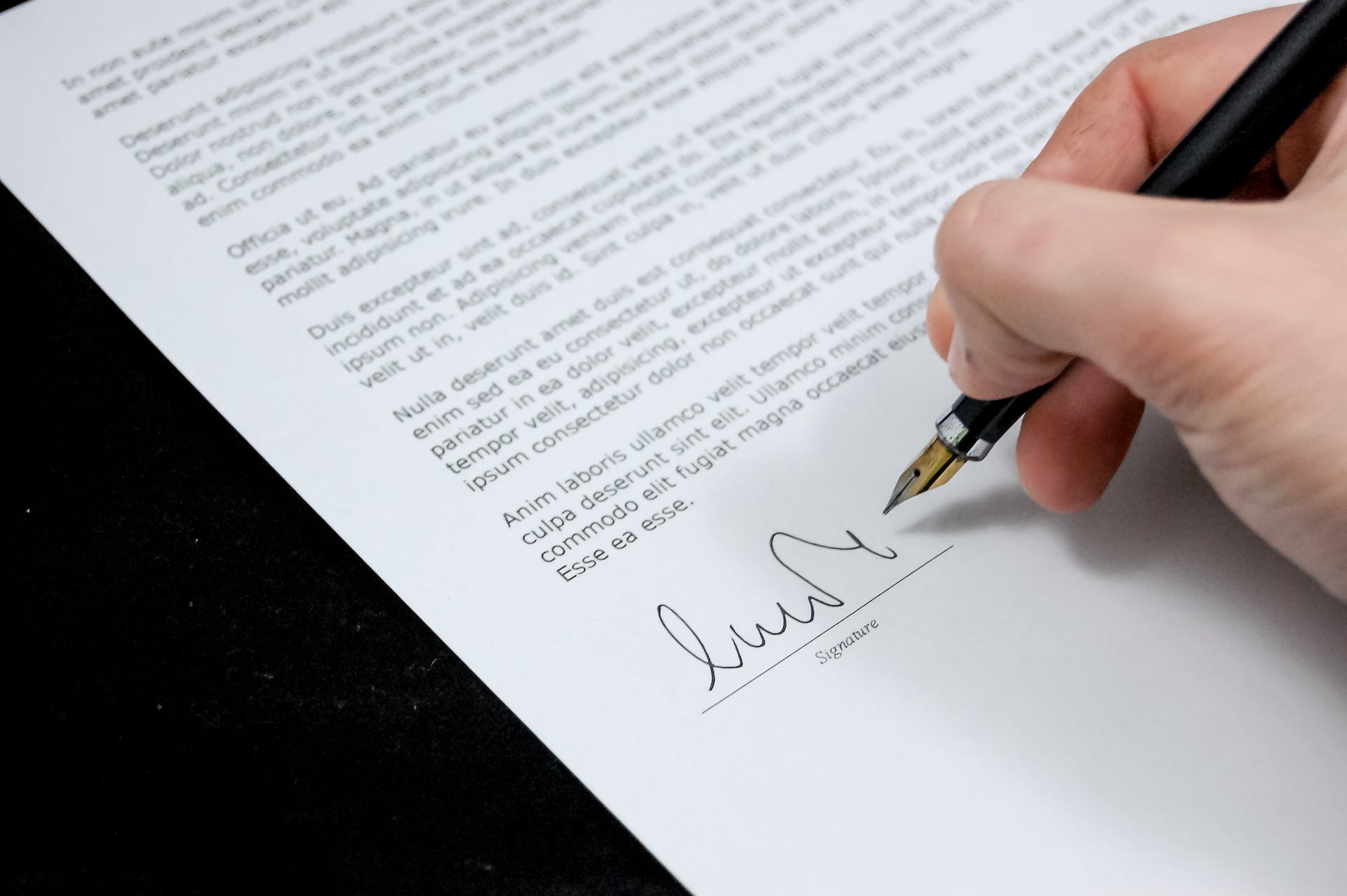A Guide To Understanding Commercial Lease Agreements Part One: Key Provisions

Commercial lease agreements are vital documents establishing landlords’ and tenants’ rights and obligations in a commercial property rental arrangement. These agreements govern the legal relationship between the parties, from small retail spaces to large office complexes.
While many are familiar with residential lease terms, some business owners may not be familiar with the differences presented by commercial lease agreements and the potential dangers contained therein. To help provide a guide for hopeful commercial tenants to secure a fruitful lease agreement, we will break down the elements of a commercial lease, including the key provisions they contain and what to watch out for, common legal obstacles and pitfalls, and how to successfully resolve a dispute during the duration of the lease agreement.
A lease agreement’s key provisions outline both parties’ essential responsibilities. These include: term, lease commencement date, options to extend, tenant improvement allowance, rent, rent increases, personal guarantees, use restrictions, insurance requirements, warranties, condition of premises and who is responsible for repairs. These provisions are subject to negotiation, which can be handled by the potential tenant or through the expertise of a real estate attorney to ensure that the tenant is given a fair and reasonable lease agreement. Some of the most important provisions include the following:
Lease Term and Renewal
This provision provides details regarding the length of the lease’s duration and any options for renewal once the lease expires. These provisions also detail any associated conditions or adjustments to the rent during the stipulated period that the lease covers.
Lease terms can vary widely, ranging from just a few months to several years, depending on the finances and needs of the commercial interest securing the lease. Long leases are typically seen as more secure investments, though shorter leases allow both the property owner and commercial interest more flexibility in responding to rental market price adjustments.
When renewing your lease, it is always recommended to have the lease contract reviewed by your legal representative to ensure that both parties thoroughly understand and agree to all terms and conditions stipulated in the document. By reviewing the renewal or amendment to lease agreement, you may be able to renegotiate the terms of the lease, leading to a more favorable agreement for one or both parties.
Rent and Payment Terms
When reviewing the key components of any commercial lease agreement, it is important to closely scrutinize the terms and conditions associated with when and how payment may be made between parties. Pay especially close attention to the following terms:
- Rent: The actual dollar amount that will be paid to the property owner in monthly installments. This is based on a number of factors, including location, size of property, and current rental market for similar properties.
- Payment terms: how the payment will be made by the lessee and accepted by the property owner.This varies significantly based on the type of commercial interest renting the property, location, and lease length. The lease can include late fees or other damages based on missed payments.In addition, late fees or default in payment of rent may impact lessee’s ability to exercise options to extend the lease.
- Additional costs: Additional costs may be tacked on to commercial lease agreements to cover costs that are not included in the cost of rent. Common examples include operating expenses, which include taxes, maintenance, and utilities, common area maintenance fees, which include items like landscaping fees, and property improvements, examples of which include an improved HVAC system and are more common with long-term leases.
Use and Restrictions
Use and restriction provisions give renters a parameter for what activities may be performed on the premises. While some properties may give wide latitude for the kind of operations that may be performed, most jurisdictions have strict zoning requirements that stipulate what kind of commercial activity is permitted in a particular area. Noise restrictions may apply. Further, the property owner may additionally not want to allow certain types of commercial activities to occur on their property due to insurance concerns and damage to the property’s long-term value.
Maintenance and Repairs
Maintenance and repair provisions allocate responsibilities for necessary repairs and maintenance during the duration of the rent. Some landlords require tenant to obtain equipment maintenance contracts (HVAC for example). This is an important provision, as the cost of repairs and maintenance can be prohibitive and they may be held financially responsible for underlying issues affecting the property that may not be readily apparent to the renter during review.

Alterations and Improvements
Alterations and improvements provisions provide a list of conditions under which tenants can request or perform alterations or improvements to the leased property. These provisions include obtaining the necessary permissions and potential restoration requirements for the requested changes. This means that tenants are responsible for providing the necessary permits for any alterations or improvements they plan on making or requesting for the property.
Insurance and Indemnification
This final provision outlines the insurance requirements a tenant must acquire before beginning premises operations. These include limits for general liability coverage, personal property insurance and naming the landlord as an additional named insured.. In a majority of leases, the landlord insures the real property and the tenant insures its personal property.
Indemnity, or when one party takes on the obligation to pay another party for certain costs and expenses stemming from a third party, is an important element of this provision. Indemnity for a commercial lease agreement would stipulate that the tenant agrees to reimburse the landlord or pay all expenses relating to a liability situation directly.
It is essential that each provision is checked to ensure that the terms and conditions stipulated in the agreement are fair and reasonable for both parties and that the tenant secures liability insurance to cover damages related to such indemnity provisions. For most business owners, it is highly recommended that they consult the expertise of a real estate attorney like Villasenor Law Offices during the lease negotiation and signing process to ensure that they are not blindsided by unexpected charges, fees or damages during the duration of the lease.
Disclaimer: The content of this website or any blog is for information or educational purposes only. Nothing on this website or blog should be considered legal advice for any individual case or matter. This information is not intended to create, and receipt or viewing does not constitute, an attorney-client relationship.
